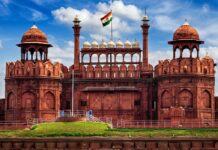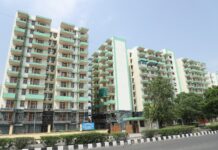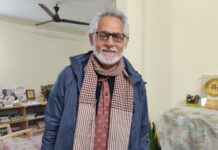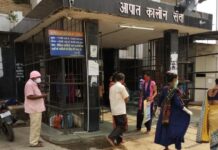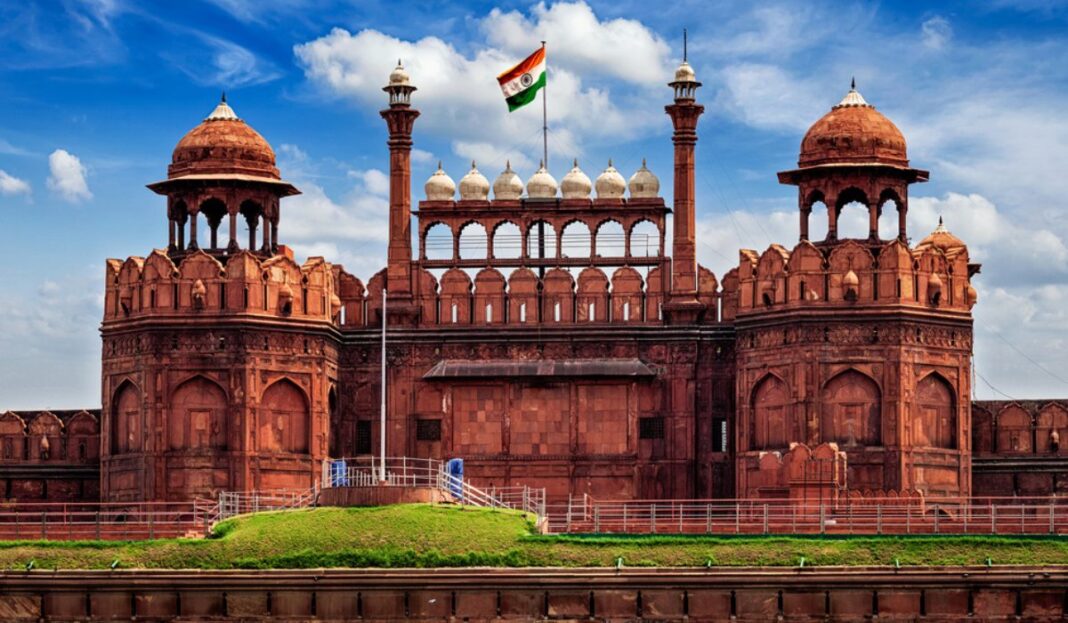The Red Fort in India is a symbol of freedom and also a living representative of the struggle and sacrifice behind a ‘hard-earned’ freedom. After the stroke of midnight when India woke up to the dawn of independence on 15th August 1947, Red Fort was meticulously chosen as a venue by the first prime minister Jawahar Lal Nehru to deliver his first address to the free nation. The first address to the nation reinstated the resolve for the future and reassurances to its people by their chosen representative. It has since been an important date in the annual calendar, much awaited by the people to listen to their PM and also an opportunity for every prime minister to address the nation and talk about the governance, policies and welfare of the state etc.
However, the last speech of every prime minister, during election year i.e. before the general elections, makes it more significant but the sanctity of the address is always guided by the constitutional proclamation of ‘we the people’.
The 2023 Independence Day address to the nation was the last for Prime Minister Narendra Modi before his current term ends in 2024. The address held importance for two reasons. While, as the tradition goes, it was naturally to be a report card of four years of his government, the address also held significance in the backdrop of Manipur violence.
The 15 August address of PM Modi from the Red Fort was too close to the monsoon session of the parliament which ended August 11, after a much-heated session due to the non-confidence motion moved against the government over Manipur violence. Two occasions, therefore, were opportunities for the people and also for the PM in many ways.
Two occasions for the PM to speak came close to each other, from the Red Fort podium, a symbolism of a free nation and parliament, the seat of democracy. Every word spoken from these places is the word and promise from a democratically elected head, a leader, who as an individual ceases his or her right for ‘hearty discussion’ or ‘Mann ki Baat. The addresses from the Red Fort or the speech or response in the parliament are meant to be ‘Jan ki Baat, i.e. every word coming out from these places should be for the people. Each word and every single sentence spoken by the prime minister in parliament holds significance and is ‘on record’.
The Indian constitution is the most elaborate constitution in the world and considered to be a living document. It gives equal space for every voice and equal representation to every citizen. While it is a custodian of people’s will and rights it also gives remedies in case of any wrong. Since May 3, two ethnic groups in the north eastern state of the country engaged in bloody violence, killing hundreds and displacing thousands. Reports of gruesome killings and rampant incidents of rape and public molestation of women were confirmed by viral videos. The Prime Minister, as the custodian of democratic government, was expected to not only speak, visit and assure the people of Manipur but also walk his talk. He spoke, only after more than two months, when much damage was done and faith was lost beyond repair and his few seconds of reassuring words which came only after stern warning by the Supreme Judicial authority, the Supreme Court of India to “Act” were too late and too less.
Monsoon session amidst the violence in Manipur and in absence of any apparent and concrete action from the central government to quell the situation was expected to be disruptive. When the prime minister did not concede to opposition demands to give a statement in parliament, rule 198 of parliament was chosen as a remedy, which puts the Prime Minister under compulsion to reply to no confidence motion moved by the opposition.
No confidence motion not only is a remedy in such a situation of stalemate but also a reassuring fact that parliament is meant to be the space for people’s voice. Collective voice of the opposition which moved the no confidence motion forcing the PM to respond and give a statement that Manipur is nothing but the reflection of the power which the constitution of India gives to its people.
Although a collective show of strength by the opposition was reassuring enough to instil and rekindle faith in parliamentary democracy when all law and order was disrupted, the no-confidence motion proved to be a lost opportunity.
It could have been an opportunity for PM Modi to set the records right when he and his government faced widespread criticism over inaction in Manipur. Prime Minister Narendra Modi spoke everything, touching upon every issue attacking the opposition and also the past governments for the ills faced by the country but did not even touch Manipur, the subject of his reply to the debate on no-confidence-motion. While the entire opposition stood up against the government and vehemently debated bringing forth the palpable situation in Manipur, and the entire country waited for their PM to respond to the no-confidence-motion against the Narendra Modi government, the PM chose to ignore the sentiments and largely made it his election pitch nailing down and attacking the opposition and the past governments. The entire purpose and effort behind the no-confidence-motion and the urgency of the PM’s statement on Manipur was washed off. Manipur was only referred only passingly after the opposition staged a walkout.
The opportunity was lost, and the nation too lost an opportunity, of an assurance by the head of the country who represents the will of the people to get elected in the parliament.
Red Fort’s address to the nation by the PM within a gap of a few days of his Parliament response to the no-confidence motion was another opportunity for Narendra Modi to put forth the government’s point on the Manipur issue. Although the Manipur reference came at the very beginning of PM Modi’s Red Fort address, this hardly was a concrete plan of action. The speech completely turned out to be the election pitch and the PM brazenly declared himself as the next prime minister. “In my next address from the Red Fort I would present my government’s report card”, declared Narendra Modi.
Constitutional proclamation through its preamble rests democratic powers to “we the people ”. Rules of parliament functioning are governed by the constitution. Being a living document there are options of amendments in the Indian constitution but the “basic structure of the Indian constitution could not be abrogated even by an amendment”, and the famous Keshvananda Bharti case brought this doctrine into the limelight. Hence, the ‘people’ of this country remain the custodians of democratic powers and the Prime Minister, the elected representative of the citizens of India, is bound by the “basic structure” of the constitution. With ultimate power rested in the ‘will’ of the people of India, parliament is the place where every word, every action and every promise that comes from the end of lawmakers should serve the public at large, which is part of the oath of office.
No-confidence-motion moved unitedly by the opposition posed no threat to the Narendra Modi government which has an absolute majority in parliament. The opposition used their parliamentary rights by invoking rule 198 which obliges the PM to respond, the PM too should have used it as an opportunity to reinstate constitutional authority, by reassuring the people of Manipur that their voice is well represented and every citizen’s will is well secured in parliament.
Every speech from the Red Fort, even if it is not ‘on record’ , too is a testimony of a free nation and freedom to the people of India to choose, who is the right representative of their voice. Rest is enshrined in the Constitution.
Note: The article is an individual opinion from the writer and not from Alt Lipi
Disclaimer: We do undertake rigorous checks on content provided by contributors before publishing the same. If you come across some factual errors, kindly bring this into our notice and we shall review your objection and claim as per our policy and display correction credits and corrections on the article itself.
The opinion expressed in the article is of the writer. Writer is a freelance journalist/journalist based in Delhi

